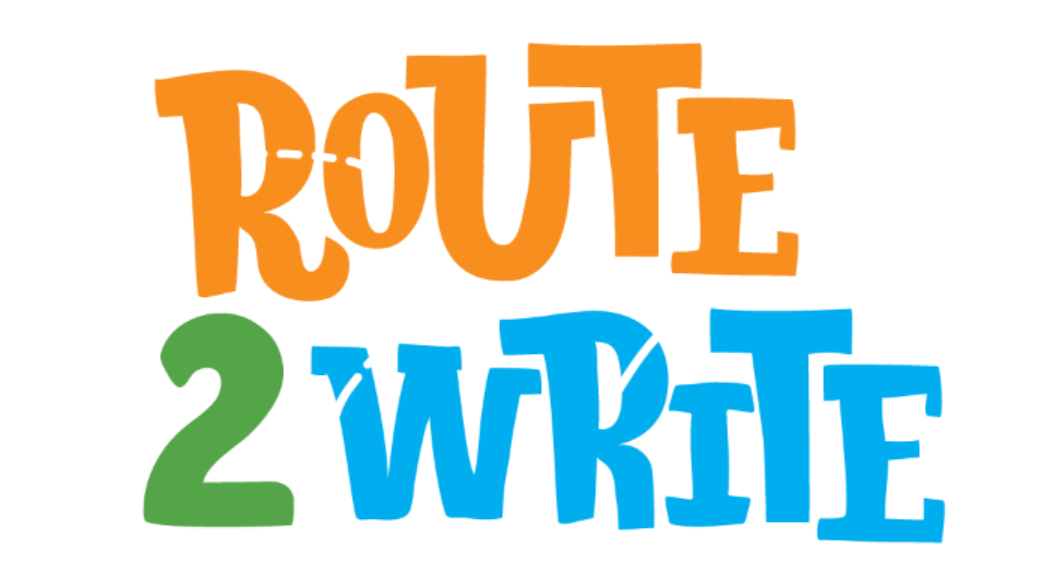Navigating Social Media as a Young Learner
Growing up in the modern world, the likelihood is that social media has become as much a part of your daily routine as brushing your teeth has. The impact of this on our lives is monumental - never before in history have individuals had access to such a wealth of information at their fingertips at any given moment of the day. Never before in history have individuals been able to see the lives of others, real or orchestrated, on the other side of the world by scrolling through social media.
Apr 30
/
Route2Write
Understandably, this much power requires strict control to ensure it benefits your formative years as opposed to making them infinitely more challenging. This blog post aims to unravel the complex relationship between social media and learning, offering insights into maximizing its benefits while steering clear of potential pitfalls.
The Bright Side of Social Media
The definition of social media is rather broad. Yes, it includes scrolling through memes and watching videos online, but in terms of education, (Route2write is a writing course, afterall,) it is a place for people to learn, engage with new communities, and collaborate with others.
Firstly, platforms like YouTube are goldmines for educational content, whether you're looking to improve your writing skills, learn a new language, or understand complex scientific concepts. The beauty of social media lies in its ability to present learning in a format that's engaging and accessible, breaking away from traditional, often monotonous educational methods.
Moreover, social media connects you with communities of like-minded individuals. Whether it's a forum for aspiring writers or a group dedicated to coding enthusiasts, these platforms offer spaces where you can share your work, receive feedback, and gain new perspectives. This sense of community not only enriches your learning experience but also creates a supportive environment where growth and collaboration thrive.
Navigating the Challenges
But as you might have expected, the world of social media is also full of pitfalls. For example, the internet is rife with misinformation; developing critical thinking skills is key to distinguishing between credible sources and questionable content. Knowing what to trust and what not to trust online is a crucial skill, and it is one that takes time to learn, and a lesson that often comes from making mistakes - hopefully none of which are too costly.
In addition, new research suggests that social media has a detrimental impact on students’ mental health and productivity. There is an undoubtable pressure to maintain an image on social media, and not to mention the comparison with others it encourages. The self-confidence issues this can lead to are now fairly well-documented. As it pertains to education, the addictive nature of social media leads to stress and anxiety, neither of which are conducive to a good education.
Tips for Healthy Social Media Use
Ensuring social media does not interfere with your studies or well-being will require strict boundaries. Here are a few tips to ensure your relationship with social media is a healthy one.
Trying to reap the benefits of social media while dodging the negative effects is never going to be easy. It is an extremely powerful tool that has the ability to enhance your learning experience, but it can also be a major distraction, or worse. By implementing these tips into your daily social media use, you’ll be on the right track to having a balanced relationship with social media.
- Be selective about who you follow. Curate your feed to include accounts that inspire and educate you as opposed to making you feel jealous or inadequate. This can transform your social media experience into a positive and enriching one.
- Engage in learning communities. Participate in discussions, ask questions, and share your insights. The collaborative environment of social media can enhance your learning and provide new opportunities.
- Set boundaries: Allocate specific times for social media use and take regular breaks. This will help you maintain focus on your studies and personal goals.
- Practice critical thinking: Always verify the information you come across and approach content with a healthy dose of skepticism.
Trying to reap the benefits of social media while dodging the negative effects is never going to be easy. It is an extremely powerful tool that has the ability to enhance your learning experience, but it can also be a major distraction, or worse. By implementing these tips into your daily social media use, you’ll be on the right track to having a balanced relationship with social media.

We are an online education provider that supports students in achieving their learning goals and developing a passion for lifelong learning.
